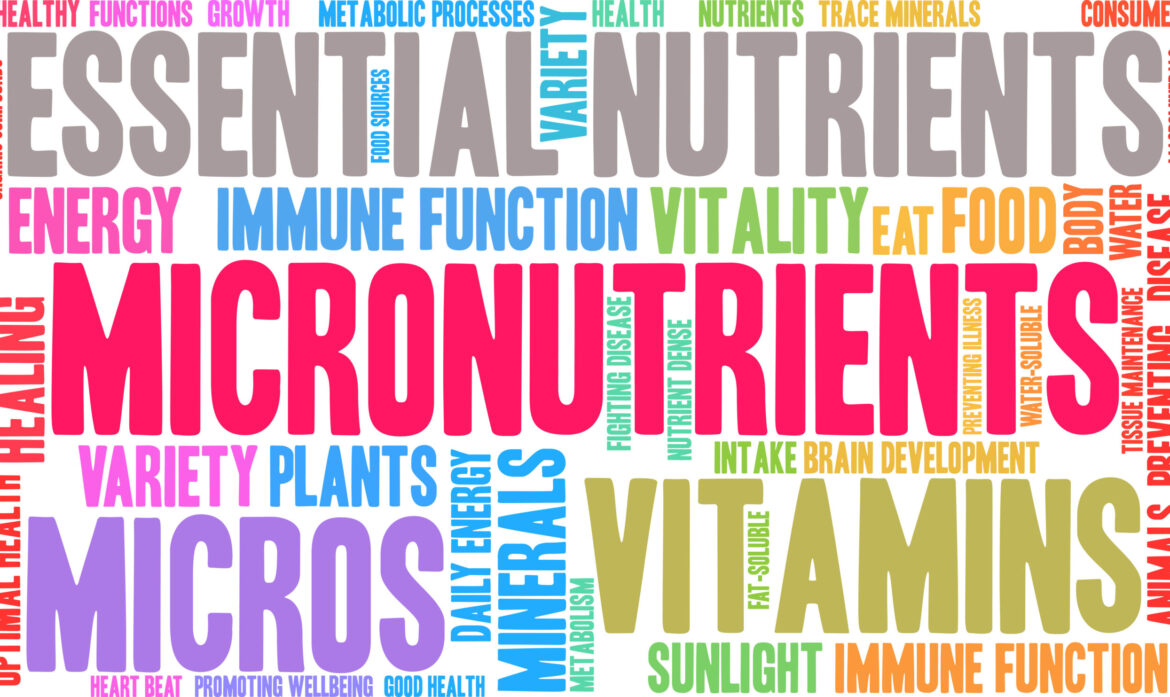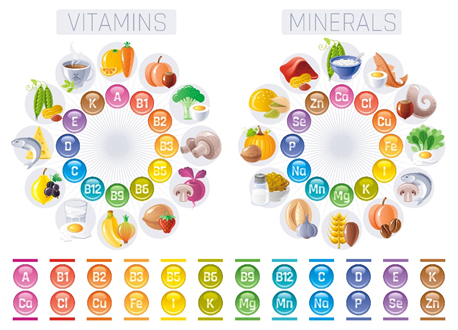
Harnessing the Power of Nature: The Importance of Eating Fruit for Micro-Nutrients
In the confusing world of dietary trends and super-foods, it’s easy to overlook the simplest yet most powerful nutritional heroes: fruits.
From fiber filled berries to juicy tropical delights, fruits not only excite our taste buds but also offer a treasure trove of essential micro nutrients vital for our well-being. In a society often fixated on macro nutrients like carbs, proteins, and fats, the importance of consuming fruits for their micro nutrient content cannot be overstated.
The Crucial Role of Micro-Nutrients
Micro-nutrients, including vitamins and minerals, play crucial roles in various bodily functions, such as metabolism, immune system regulation, and cell maintenance. Fruits are rich sources of these micro-nutrients, providing an array of vitamins like vitamin C, vitamin A, and various B vitamins, as well as essential minerals such as potassium, magnesium, and calcium.
One of the standout micro nutrients abundant in fruits is vitamin C. Known for its potent antioxidant properties, vitamin C plays a pivotal role in bolstering the immune system. It also plays a role in promoting collagen synthesis for healthy skin, and aiding in the absorption of iron from plant-based foods. Citrus fruits like oranges, lemons, and grapefruits, as well as kiwi and strawberries, are excellent sources of vitamin C. Consuming these fruits regularly can help fortify the body’s defense mechanisms and support overall health.
Moreover, fruits are a significant source of dietary fiber, a type of carbohydrate crucial for digestive health. Fiber aids in maintaining bowel regularity, preventing constipation, and promoting a feeling of fullness, which can aid in weight management. Fruits like apples, pears, and bananas are particularly rich in soluble fiber, which can help lower cholesterol levels and stabilize blood sugar levels.
Potassium, another vital mineral abundant in fruits, is essential for maintaining proper fluid balance, nerve function, and muscle contraction. Bananas, avocados, and oranges are notable sources of potassium, and incorporating these fruits into your diet can help regulate blood pressure and reduce the risk of stroke and heart disease.
Packed with More than Just Vitamins
Furthermore, fruits are often packed with phytochemicals, naturally occurring compounds with antioxidant and anti-inflammatory properties. These phytochemicals, such as flavonoids and polyphenols, have been linked to a myriad of health benefits, including reduced risk of chronic diseases like cancer and cardiovascular disease. Berries, in particular, are rich in these beneficial compounds, making them potent allies in promoting longevity and vitality.
In a world where processed foods dominate our food landscape, prioritizing whole fruits in our diet is crucial for optimal health. However, despite their numerous benefits, fruit consumption remains inadequate in many populations. Factors such as accessibility, affordability, and misinformation about sugar content contribute to this shortfall.
It’s important to dispel the misconception that the natural sugars found in fruits are inherently harmful. Unlike refined sugars found in processed foods, the sugars in fruits come bundled with an array of essential nutrients and fiber, mitigating their impact on blood sugar levels. Moderation is key, but there’s little cause for concern when indulging in nature’s sweet offerings.
In conclusion
The importance of eating fruit for its micro-nutrient content cannot be overstated. From improving immune function to supporting digestive health and reducing the risk of chronic diseases, fruits offer a plethora of benefits that contribute to overall well-being. By incorporating a variety of fruits into our daily diet, we can harness the power of nature’s bounty and nourish our bodies from the inside out. Just a few cups per day can make a massive difference in how you feel and look!
References:
- Harvard T.H. Chan School of Public Health. (2022). The Nutrition Source – Fruit. [https://www.hsph.harvard.edu/nutritionsource/what-should-you-eat/vegetables-and-fruits/fruit/]
- U.S. Department of Agriculture. (2022). ChooseMyPlate – Why is it important to eat fruit? [https://www.choosemyplate.gov/fruits]
- National Institutes of Health. (2022). Office of Dietary Supplements – Vitamin C. [https://ods.od.nih.gov/factsheets/VitaminC-HealthProfessional/]

